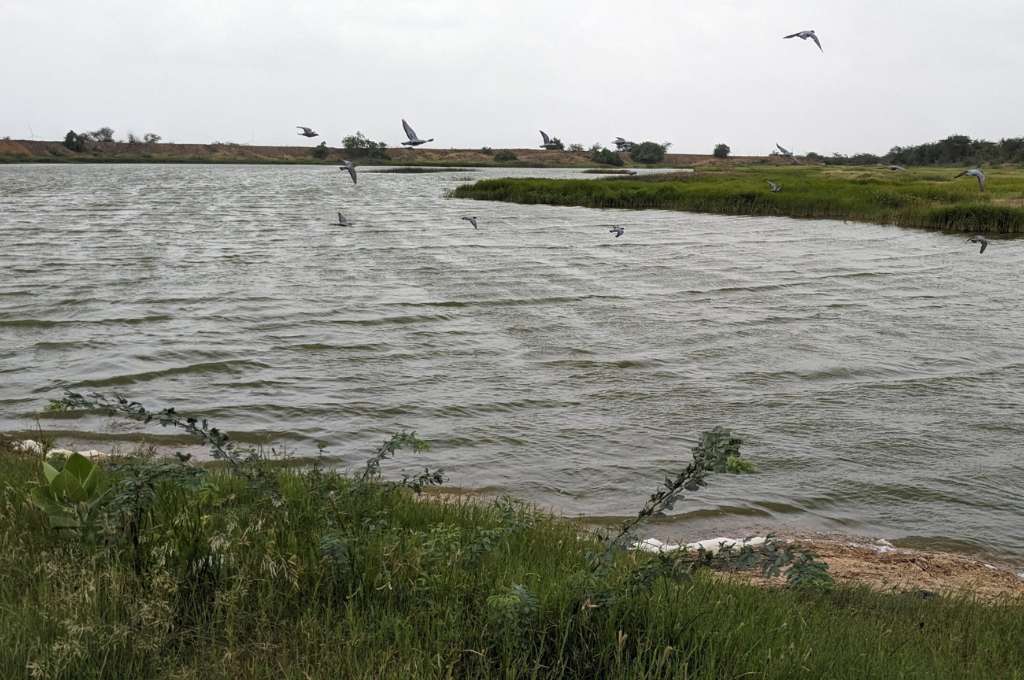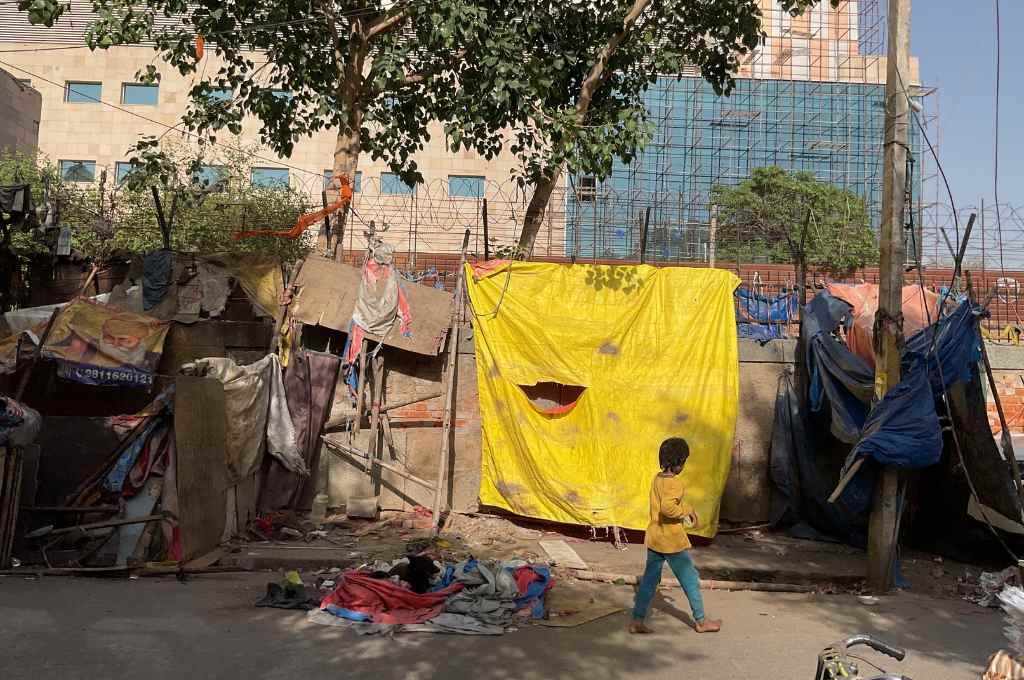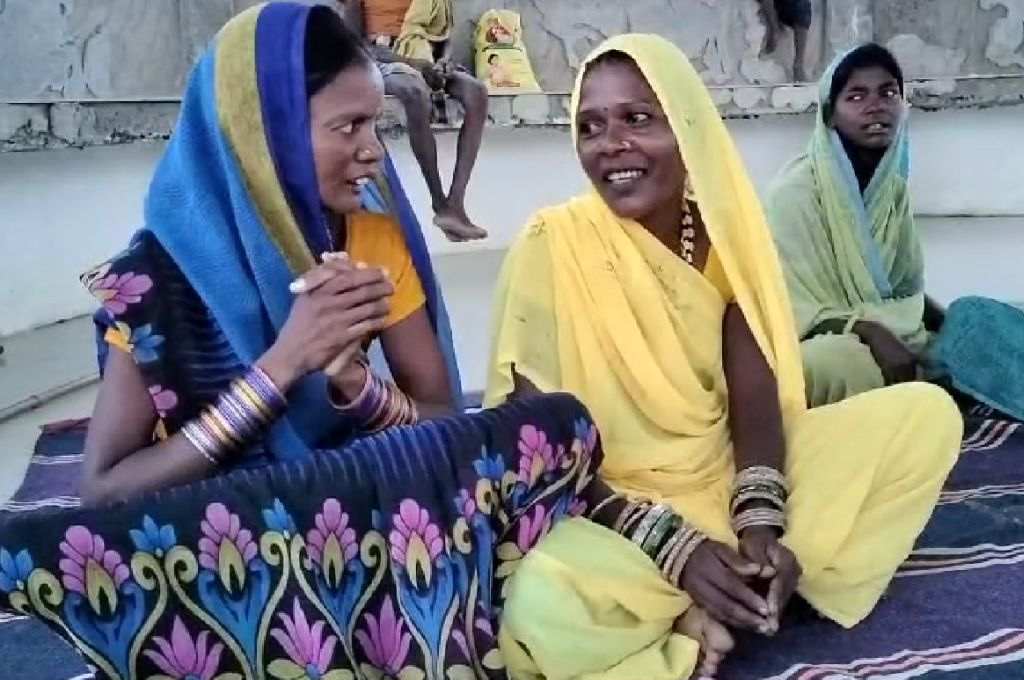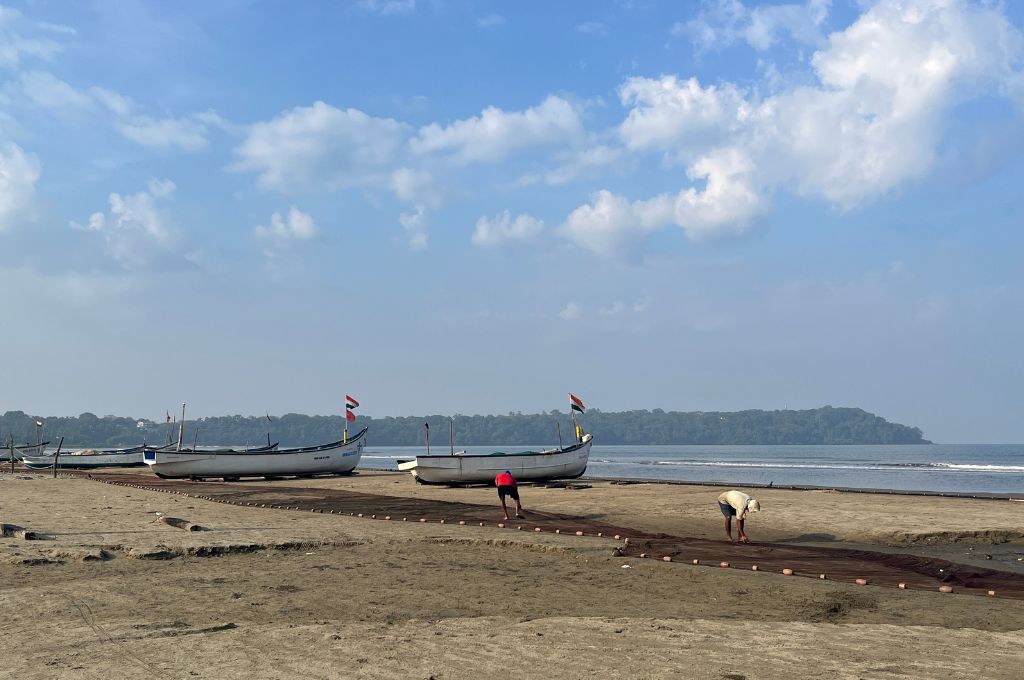READ THIS ARTICLE IN
“They refuse to hire us”: Why trans women are unable to find jobs
Jyotsana, a transperson living in Delhi’s Wazirpur area, spends her days at traffic signals to earn a living. She adds to her income by attending weddings and celebrations of childbirth in neighbouring areas.
Like many other transpeople, Jyotsana is unable to find formal employment. One of the reasons for this is that she cannot prove her educational qualifications. Familial abuse forced her to flee her house in Ghaziabad in 2003, and so even though she has studied till grade 10 she doesn’t have any documents to show for it.
However, Jyotsana believes the reasons for her unemployment are multilayered. She says, “Look, being ‘matric pass’ is one thing. Employers just look at us and then refuse to hire us. Even menial jobs, which most people from economically backward backgrounds would have access to, are taken away from us because we look a certain way.”
Only 65 percent of transpeople, as compared to 75 percent in the general population, find work for more than six months in a year. Their ‘effeminate behaviour’, trans status, real or perceived association with sex work, real or perceived HIV status, dress code, and physical appearance, among other factors, contribute to the multiple forms of discrimination they are subjected to by their families, neighbours, communities, and public and private institutions.
Azaan, a trans man who works as the manager for the South Delhi shelter of TWEET Foundation, a transpeople-run community-based organisation, explains that in his experience it is tougher for trans women to get employed because femininity by choice is considered more ‘deviant’. So, while he is still marginalised as a trans man, the chances of him being socially accepted or having access to jobs are significantly higher compared to trans women.
Anveshi Gupta previously worked as assistant manager for Growth and Impact at Haqdarshak; Harshita Chhatlani is a junior researcher and content creator at Haqdarshak. This is an edited excerpt from an article that was originally published on Haqdarshak’s blog.
—
Know more: Learn how a skilling programme in Rajasthan failed due to a community’s caste bias.
Do more: Connect with Anveshi at [email protected] and Harshita at [email protected] to learn more about and support their work.



